Ready to Lift? Here's What Your Diet Should Look Like
9/30/20233 min citit


Congratulations on embarking on your weightlifting journey! As you dive into the world of lifting, it's crucial to understand that a well-balanced diet plays a pivotal role in achieving your fitness goals. Before you get too deep into your lifting routine, let's explore some diet tips that will help you optimize your nutrition and maximize your gains.
Prioritize Protein
One of the most crucial aspects of your diet as a weightlifter is protein intake. Protein is the building block of muscle, and consuming an adequate amount is essential for muscle repair and growth. Aim for a daily intake of 1.2 to 2.2 grams of protein per kilogram of body weight. Incorporate lean sources of protein such as chicken, turkey, fish, tofu, and legumes into your meals.
Don't Fear Carbs
Carbohydrates often get a bad rap, but they are your body's primary source of energy. Especially when lifting, carbs are your best friend. Complex carbohydrates like whole grains, sweet potatoes, and brown rice provide sustained energy for your workouts and aid in recovery. Balance your carb intake with your activity level and aim for around 45-65% of your daily calories from carbs.
Healthy Fats are Crucial
Don't shy away from fats; they are vital for hormone production and overall health. Opt for sources of healthy fats like avocados, nuts, seeds, and olive oil. These fats can help you maintain a balanced diet and support your lifting goals. Healthy fats should make up about 20-35% of your daily calorie intake.
If you have any questions or need some assistance, feel free to submit a comment or send us a message here.
In Conclusion
As you embark on your weightlifting journey, remember that your diet is an integral part of your success. By prioritizing protein, embracing carbs, and paying attention to healthy fats, you'll be on the right track to achieving your fitness goals. Timing your meals, staying hydrated, and monitoring your macros can further fine-tune your diet for optimal results. Don't forget that supplements and meal planning can also be valuable tools, but nothing beats the power of consistency. So, go ahead and lift those weights while nourishing your body with the right foods - your future self will thank you for it.
Timing Matters
When you eat is just as important as what you eat. Before lifting, consume a balanced meal that includes protein and carbohydrates 1-2 hours beforehand. After your workout, refuel with a combination of protein and carbs to aid recovery. Eating the right nutrients at the right times can optimize your performance and muscle growth.
Stay Hydrated
Proper hydration is often underestimated. Dehydration can lead to decreased performance and hinder muscle recovery. Aim to drink at least 8-10 glasses of water a day, and more on days when you work out intensely. Consider adding electrolytes or a sports drink if you sweat heavily during your workouts.
Monitor Your Macros
Tracking your macronutrients (proteins, carbohydrates, and fats) can be a game-changer. Apps and websites can help you calculate and keep tabs on your daily macros. This allows you to fine-tune your diet to meet your specific fitness goals, whether it's bulking up or cutting down.
Be Mindful of Supplements
Supplements can be helpful, but they should never replace real food. Consider protein powder, creatine, and branched-chain amino acids (BCAAs) to support your muscle-building efforts. However, remember that these supplements are meant to supplement your diet, not replace it.
Plan Your Meals
Meal planning and preparation can save you time and ensure you're eating the right foods consistently. Prepare your meals in advance to avoid making impulsive, unhealthy food choices when you're hungry or busy.
Listen to Your Body
Everyone's body is different. Pay attention to how your body responds to different foods and meal timings. If something isn't working for you, don't be afraid to adjust your diet accordingly.
Consistency is Key
Consistency is perhaps the most critical factor in achieving your lifting goals. Stick to your diet plan, and remember that results may take time. Be patient and stay committed to your fitness journey.
*NOTE: The suggested portion sizes are merely a guideline to help maintain a balanced macronutrient intake in your diet. Your ideal protein, carbohydrate, and fat intake depends on your fitness goals, gender, and activity level. For personalized macronutrient guidance, consult with a nutritionist or fitness expert.
